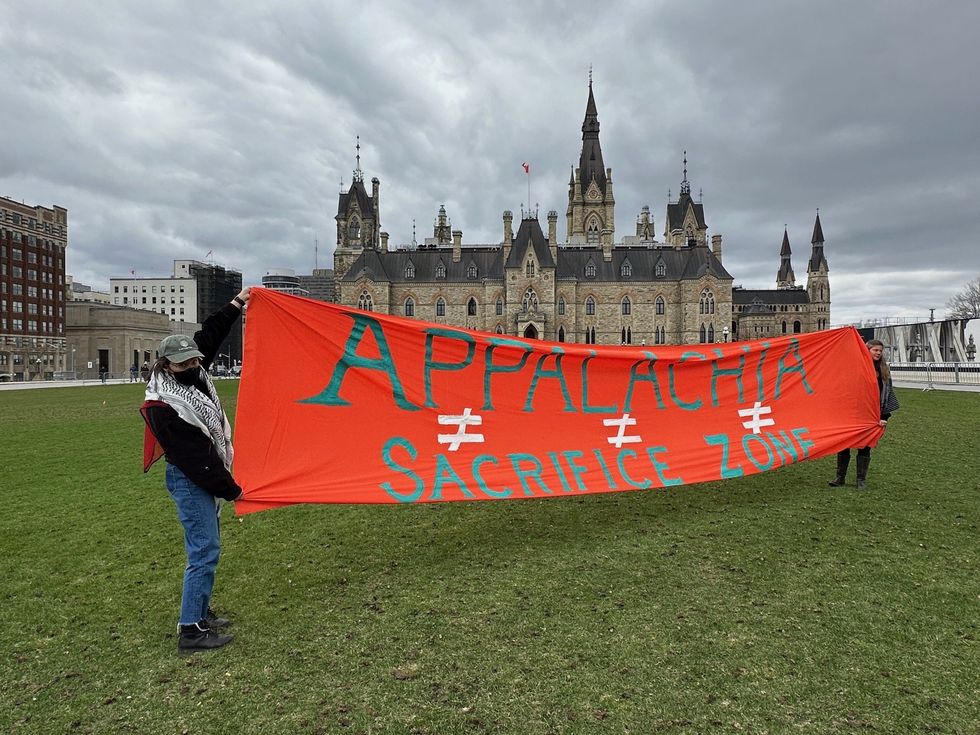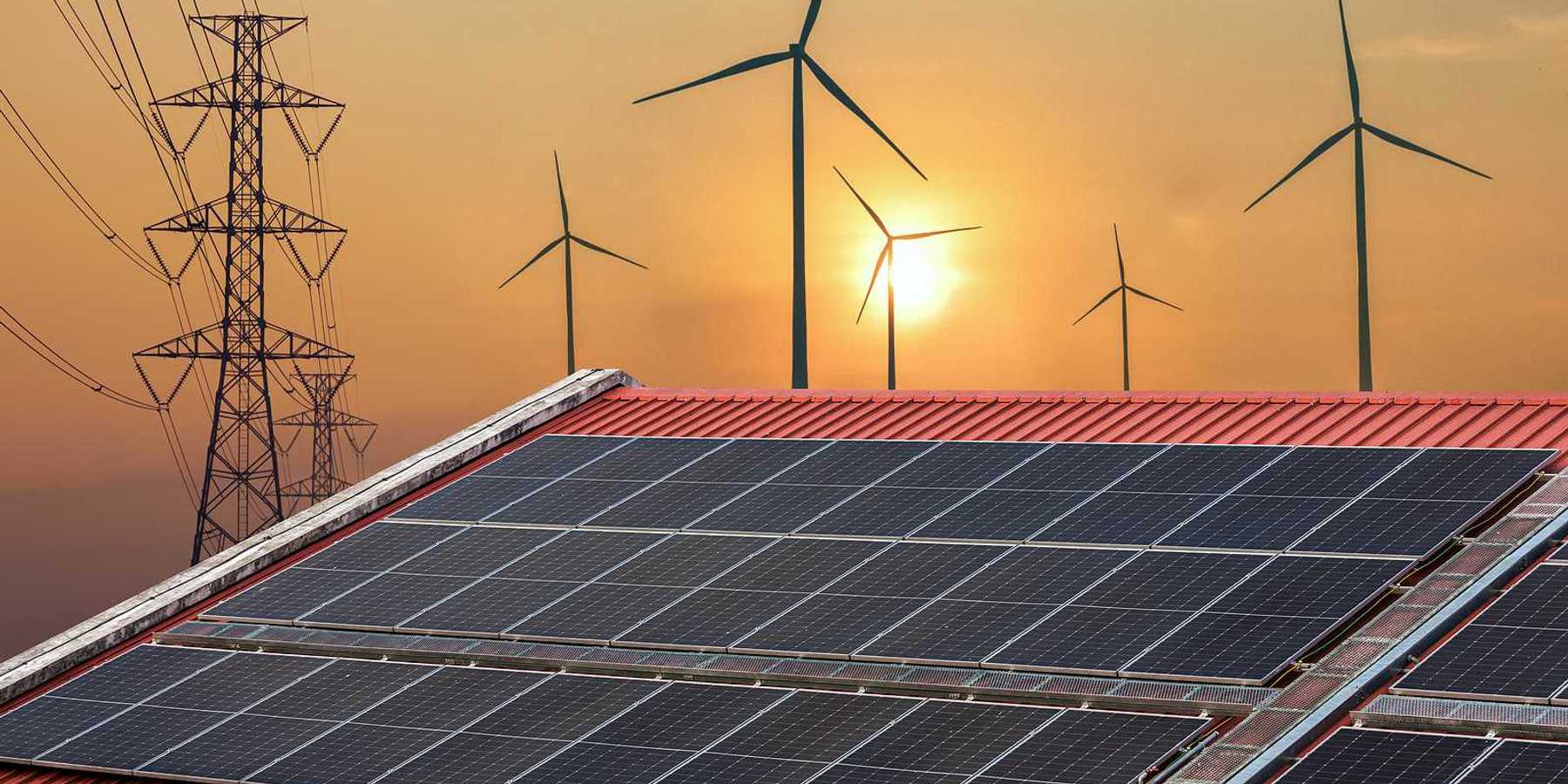Why a “fracking refugee” is attending the global plastics treaty negotiations
“Fracking and building pipelines in order to create more poisonous plastic is ruining people’s lives.”
Jill Hunkler, an Ohio resident who considers herself a “fracking refugee,” is telling her family’s story at the global plastics treaty negotiations in Ottawa this week, where negotiators from about 175 countries are working to advance a treaty to address global plastic pollution.
“I was forced to leave my home that I built with my own hands,” she told Environmental Health News. “I lived in Somerset Township, Ohio, where my sister, my mom and I had 13 acres of land and we had spent years building homes on it that we loved, but then 78 fracking well pads were built within five miles of our home.”
Air pollution from the fracking operations sickened her and her family, Hunkler said, and they experienced symptoms like headaches, nausea, rashes, body aches and difficulty breathing that they hadn’t experienced before the wells were drilled. The family tried to get help from regulators, but after years of suffering with little action, they opted to move.
Her family moved to another property, she said. “But eventually fracking showed up there too, and I moved again to try and escape it. So now I’m twice a fracking refugee.”
More than 99% of plastic is made from fossil fuels, and as the world transitions to renewable energy, fossil fuel companies — particularly those invested in fracking — are driving a new plastics boom to stay profitable. For example, in the Ohio River Valley, where Hunkler is from, Shell recently began operations at its massive Pennsylvania plastics plant that converts fracked ethane gas into plastic pellets, many of which are used to create single-use plastic products like bags and packaging.
Since starting up in 2022, Shell’s Pennsylvania plastics plant has been fined millions of dollars for violating clean air laws and is being sued by environmental advocacy groups over potential health impacts from harmful emissions. Last week, Pennsylvania’s Attorney General Michelle Henry also announced charges against Shell for violating Pennsylvania’s Clean Streams laws with industrial waste during construction of the pipelines that bring ethane feedstock from fracked natural gas to the plastics plant. Concerns about pollution from the plant have also caused families to move away from the region.
After becoming a fracking refugee, Hunkler spent eight years fighting to stop a similar plastics plant from being built near her home in Ohio — a project that has been put on hold indefinitely.
“When people think about the health impacts of plastics they tend to think about harmful microplastics in our bodies, which is really important, but it’s also important to look at the devastating public health impacts all the way down the supply chain” Hunkler said. “Fracking and building pipelines in order to create more poisonous plastic is ruining people’s lives.”
Tensions at the plastic pollution treaty talks

If the current trajectory for the plastics industry continues unabated, plastic manufacturing is estimated to account for more than a third of the growth in oil demand by 2030 and nearly half by 2050—ahead of trucks, aviation, and shipping, according to the International Energy Agency.
The stated goal of the global plastics treaty is to end plastic pollution by 2040. Hunkler, like many other activists, believe this goal won’t be achieved unless plastic production stops. They are supporting a version of the plastic treaty supported by a group of “High Ambition” countries that includes slowing down plastic production via bans, restrictions or caps.
"It’s important to look at the devastating public health impacts all the way down the supply chain" – Jill Hunkler, an Ohio resident who considers herself a “fracking refugee.”
Meanwhile, plastic industry lobbyists – also attending the negotiations in Ottawa – are promoting plastic’s beneficial uses, such as medical products and reducing food waste. The plastics industry, alongside a coalition of mostly fossil-fuel-producing countries, are pushing “chemical recycling” as a solution to plastic pollution, but environmental advocates say the process is energy-intensive, creates toxic air and water pollution, and fails to actually reduce plastic waste.
It has also proven difficult to profit from chemical recycling operations — none of the approximately ten operational plants in the US are currently operating at full capacity, according to a report from the advocacy group Beyond Plastic. This month a chemical recycling plant in Oregon was shuttered, and a proposed plant in Pennsylvania was canceled amid concerns about the efficacy and feasibility of chemical recycling.
“I hope sharing my story will help the negotiators in Ottawa recognize that fracking and extracting fossil fuels to keep making more plastic is toxic,” Hunkler said. “With the exception of the small amount of plastic that’s needed for medical and other essential uses, we do not need plastic to function as a society. It’s a relatively new product on the planet, and the convenience of it is not worth jeopardizing the health of our children and future generations.”













